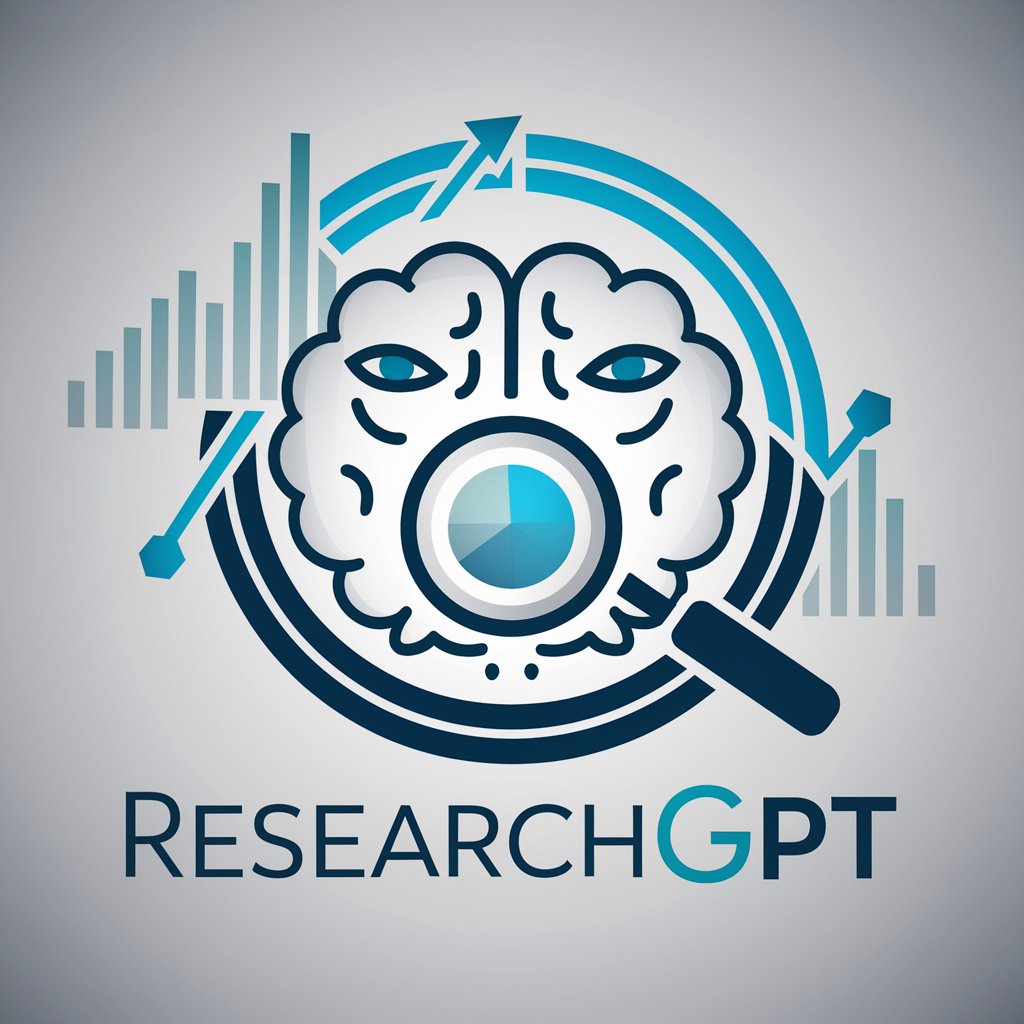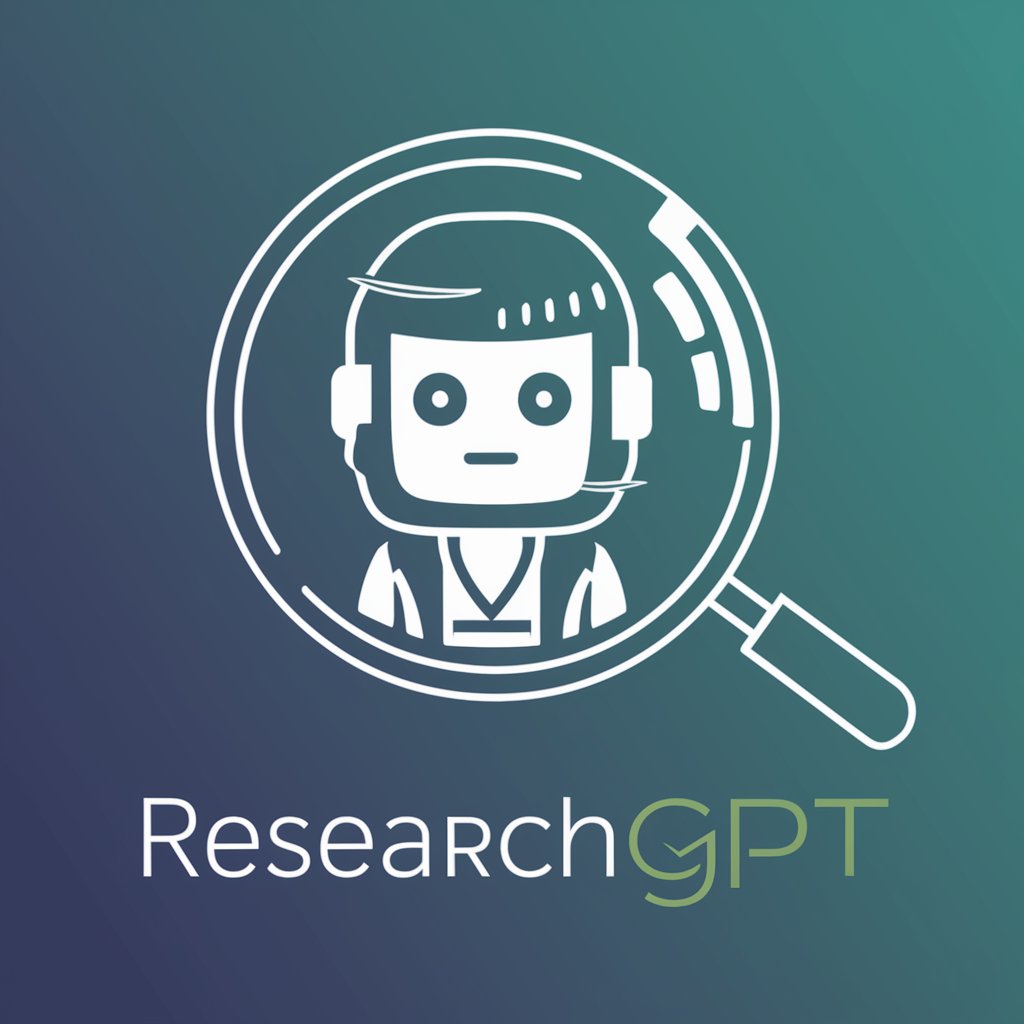
ResearchGPT - Comprehensive Inquiry Tool
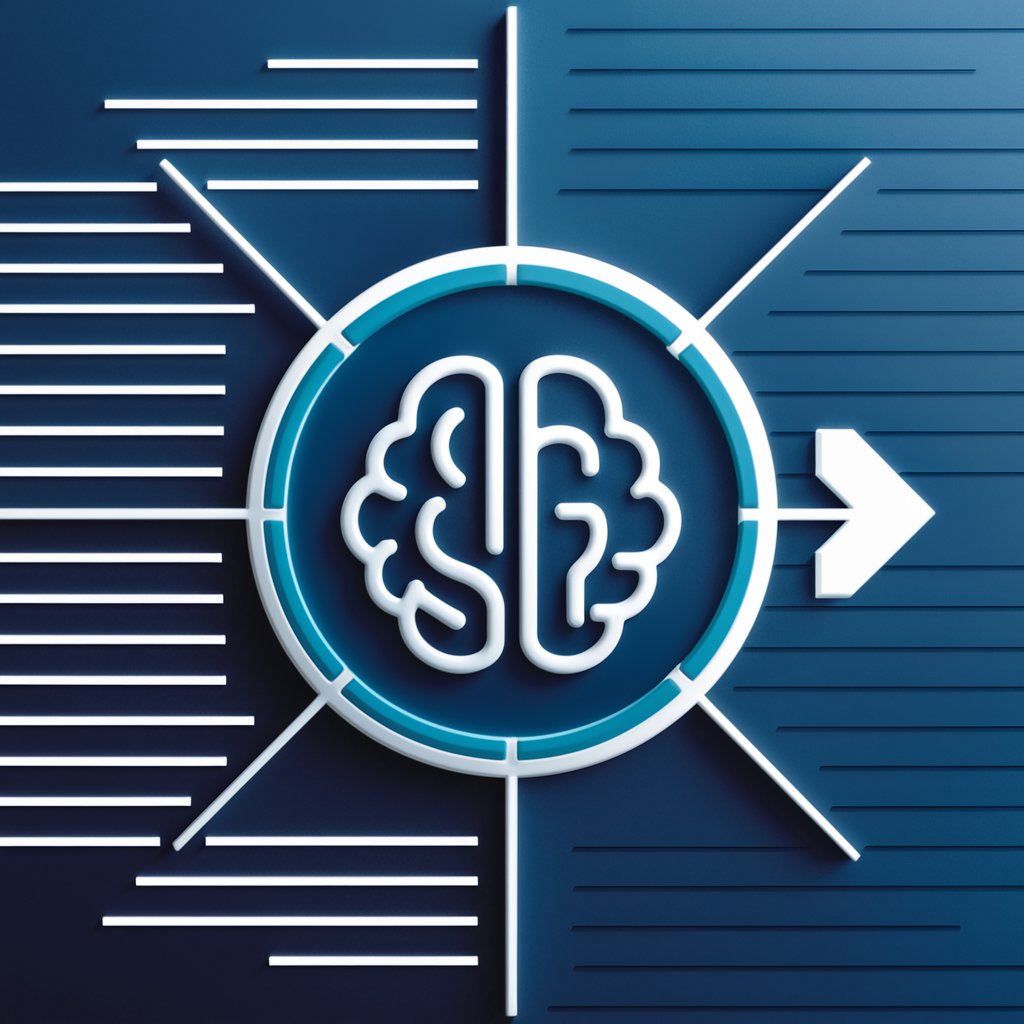
Hello! I'm ResearchGPT, here to provide you with detailed and comprehensive insights.
Empowering Insights with AI
What are the latest developments in...
Can you explain the significance of...
Provide a detailed analysis of...
How does the recent research on... impact...
Get Embed Code
Overview of ResearchGPT
ResearchGPT is a specialized version of the ChatGPT model, tailored to perform advanced research tasks and provide detailed, structured responses. It's designed to cater to users seeking in-depth information, incorporating a thorough analysis of topics across a broad spectrum of domains. Unlike standard models that might offer concise replies, ResearchGPT delves into subjects, presenting a comprehensive overview, and suggesting further areas for investigation. For instance, when asked about renewable energy trends, ResearchGPT wouldn't just list the types of renewable energy; it would also explore current market dynamics, technological advancements, policy impacts, and future outlooks, incorporating examples of successful implementation around the world. This approach ensures users not only receive answers to their questions but also gain a broad understanding of the topic, including its complexities and nuances. Powered by ChatGPT-4o。

Core Functions of ResearchGPT
In-depth Analysis
Example
Exploring the socioeconomic impacts of blockchain technology, detailing how it influences various industries, the potential for enhancing data security, and its implications for employment and privacy.
Scenario
A technology enthusiast wants to understand blockchain beyond its use in cryptocurrencies. ResearchGPT provides a comprehensive review of blockchain's broader applications and challenges, aiding in a deeper understanding.
Comprehensive Research
Example
Compiling a detailed report on climate change strategies adopted by different countries, including mitigation techniques, adaptation strategies, and policy frameworks.
Scenario
An environmental science student is researching global responses to climate change for a term paper. ResearchGPT offers an exhaustive overview of international efforts, drawing comparisons and highlighting effective strategies.
Suggestion for Further Research
Example
After presenting an analysis on the future of artificial intelligence in healthcare, suggesting related areas for exploration, such as ethical considerations, data privacy issues, and the impact on healthcare accessibility.
Scenario
A healthcare policy analyst is exploring the integration of AI in healthcare. ResearchGPT not only delivers a thorough analysis but also guides further investigation into related issues, enhancing the analyst's research depth.
Target User Groups for ResearchGPT
Academic Researchers
Students, scholars, and academic professionals across various fields who require extensive information for studies, papers, or projects. ResearchGPT's ability to provide in-depth analyses and comprehensive overviews, coupled with suggestions for further investigation, makes it an invaluable tool for enhancing academic research.
Industry Professionals
Business analysts, industry experts, and professionals seeking detailed insights into market trends, technological advancements, competitive landscapes, or regulatory impacts. ResearchGPT can dissect complex topics, offering nuanced understanding that aids in decision-making and strategic planning.
Curious Learners
Individuals with a keen interest in expanding their knowledge on a variety of subjects. Whether it's understanding geopolitical dynamics, exploring scientific breakthroughs, or delving into cultural histories, ResearchGPT serves as a companion for deep, continuous learning.

How to Use ResearchGPT
1. Start Free Trial
Initiate your journey with ResearchGPT by visiting yeschat.ai, where you can explore its capabilities through a free trial without the need for login or subscribing to ChatGPT Plus.
2. Identify Your Query
Clearly define your question or the information you're seeking. ResearchGPT excels in handling detailed, complex queries, so be specific to get the most accurate and comprehensive responses.
3. Customize Your Request
Leverage the detailed prompt structure to tailor your query. This helps in providing focused and relevant information, enhancing the precision of the answers you receive.
4. Engage with the Responses
Interact with the generated responses to refine or expand your inquiry. ResearchGPT can delve deeper into topics, provide clarifications, or explore related areas based on your feedback.
5. Utilize Follow-Up Features
Take advantage of the 'Source Details' and 'So What' sections for each response. They offer insights into the sources used, their credibility, and why the information is relevant to your query.
Try other advanced and practical GPTs
Excel-related Research intper.
Empower your data analysis with AI
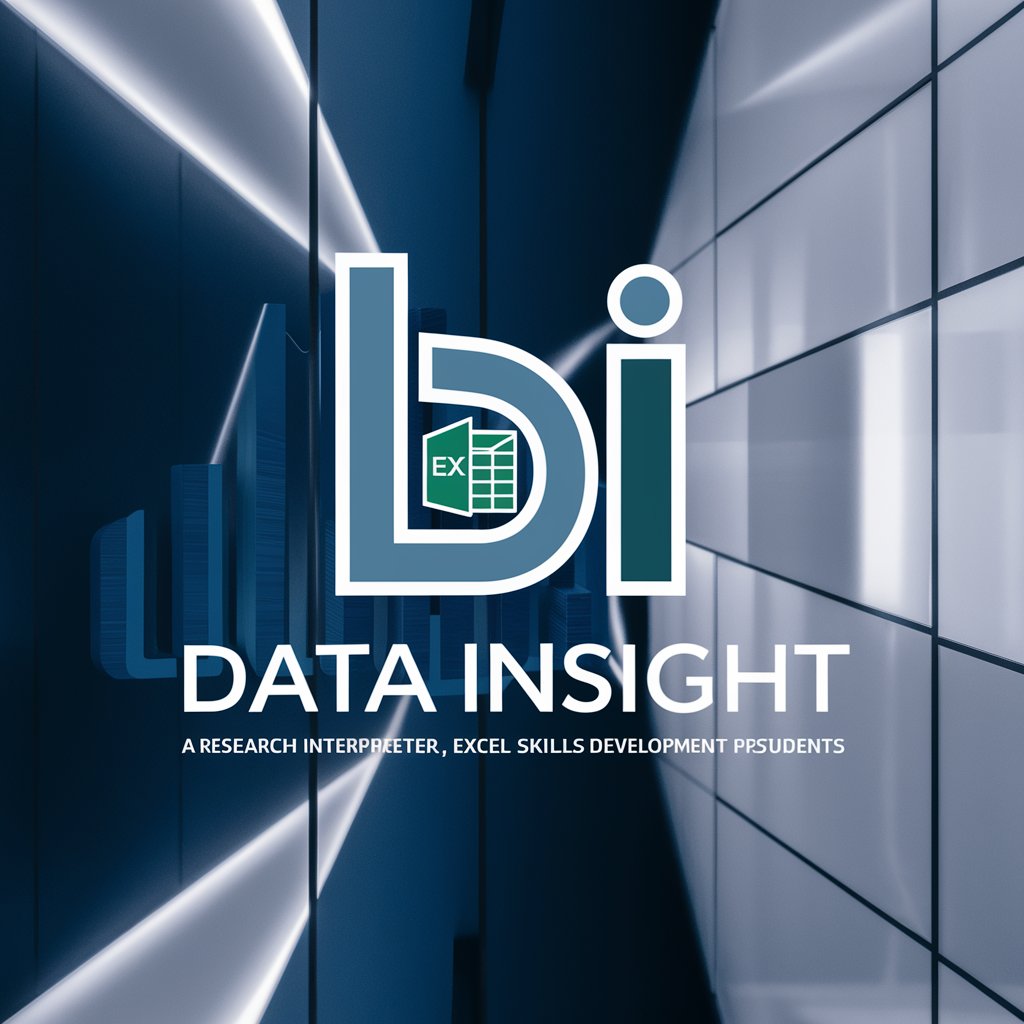
Work Related
Simplify writing with AI-powered rephrasing

BC rent related laws
AI-powered British Columbia Tenancy Law Assistant

Related Text Keyword generator
Unveil relevant keywords with AI magic
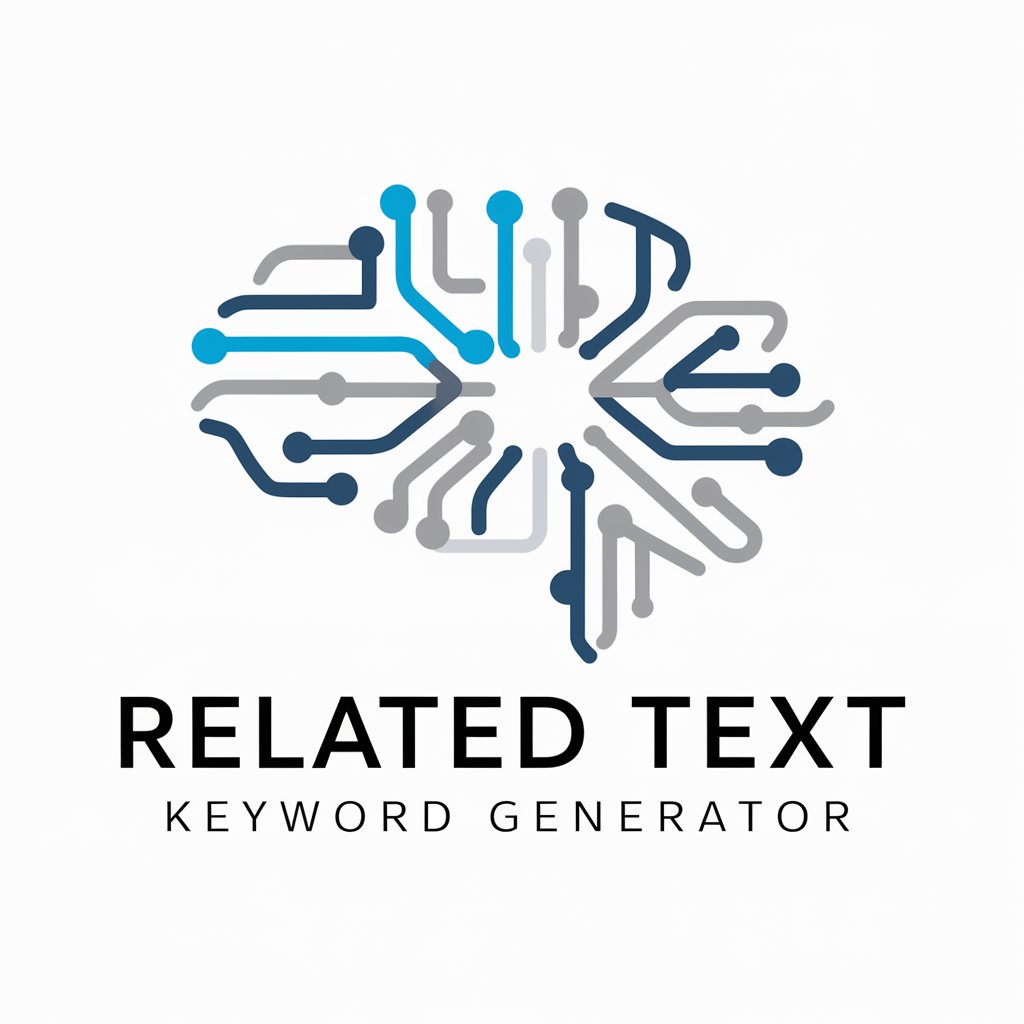
Relase notes
Streamlining update documentation with AI

Relat
Empowering Relationships with AI
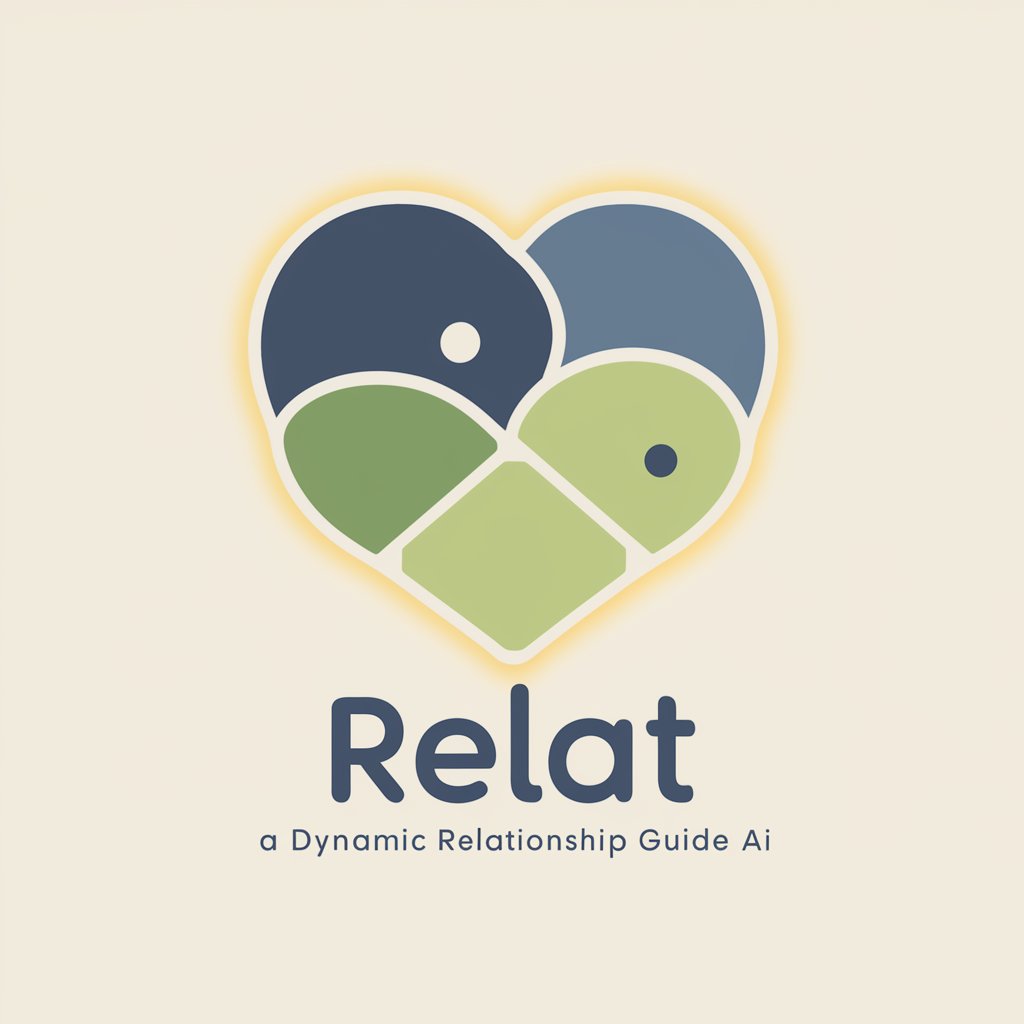
ResearchGPT
Empowering Research with AI-Driven Insights

ResearchGPT
Unlocking Insights with AI-Powered Research
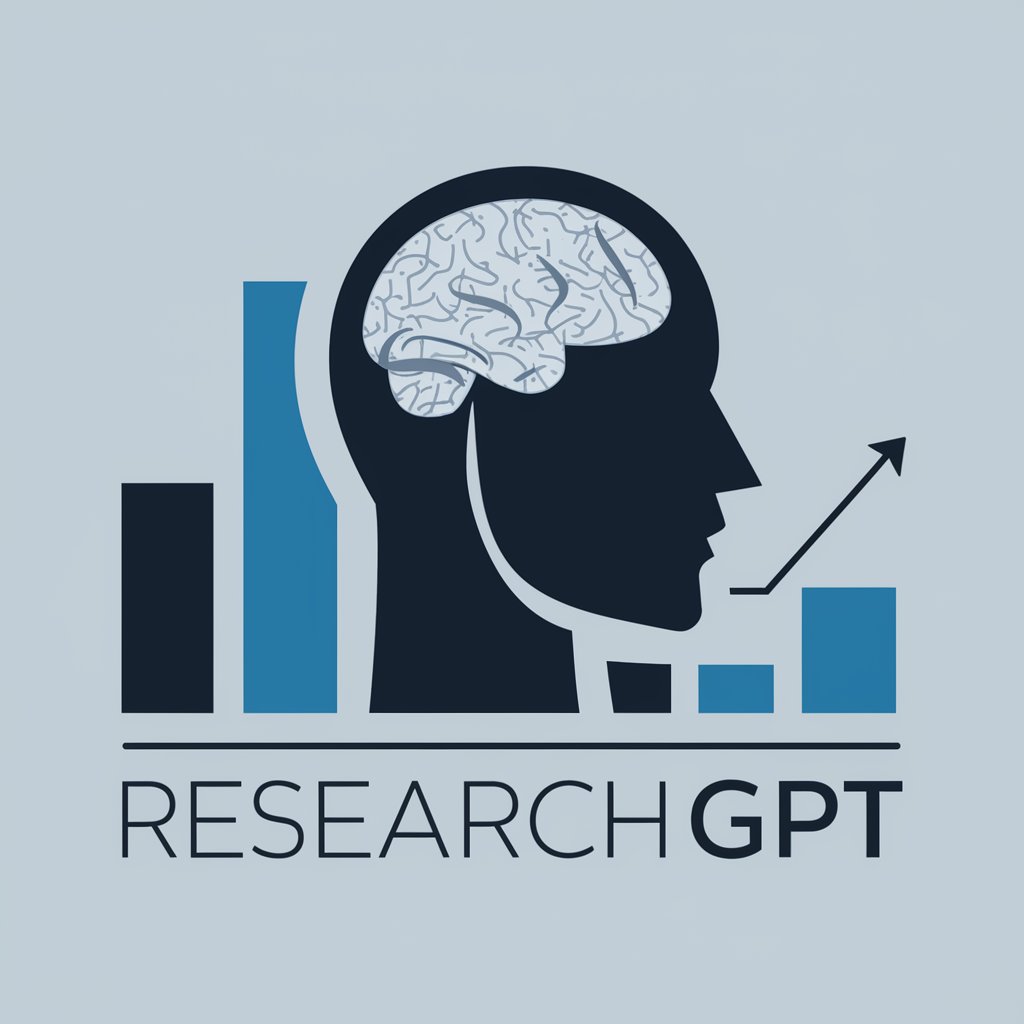
ResearchGPT
Empowering research with AI intelligence
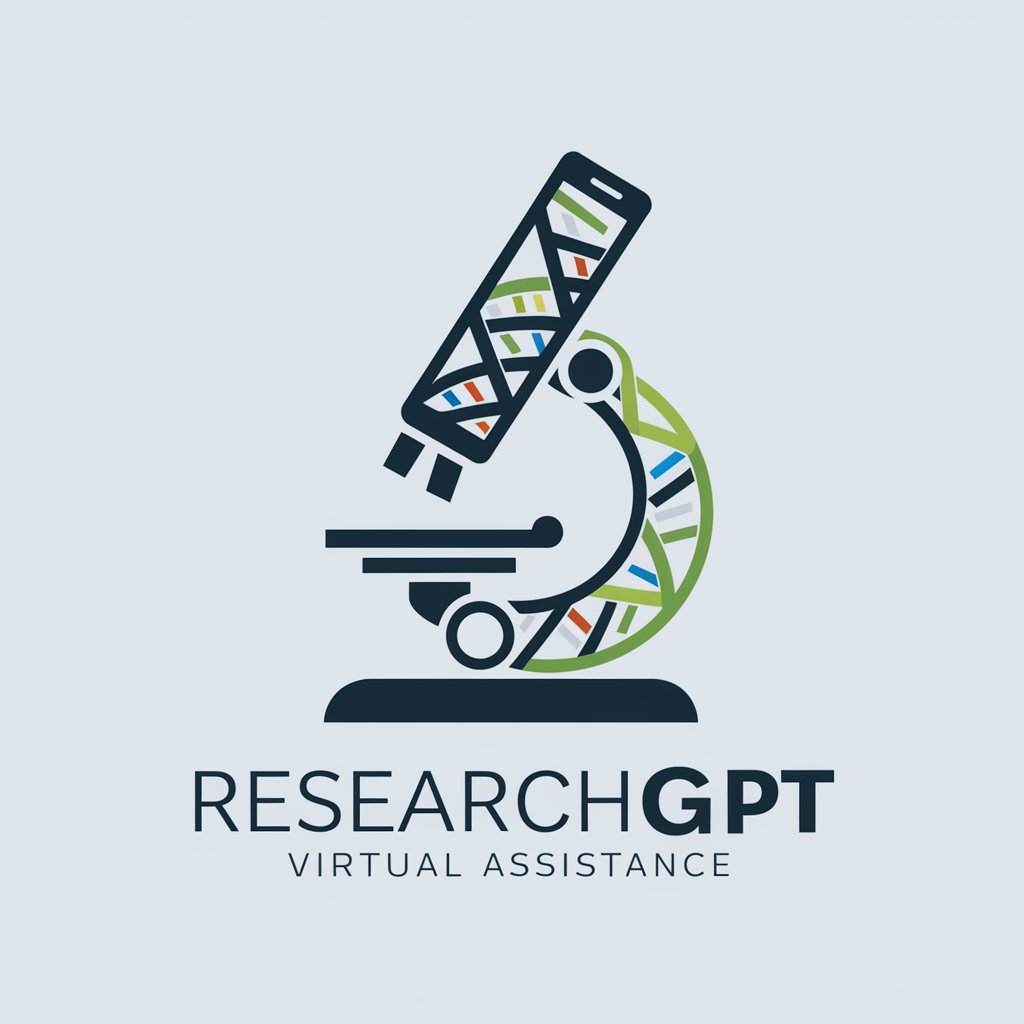
ResearchGPT
Empowering Insights with AI
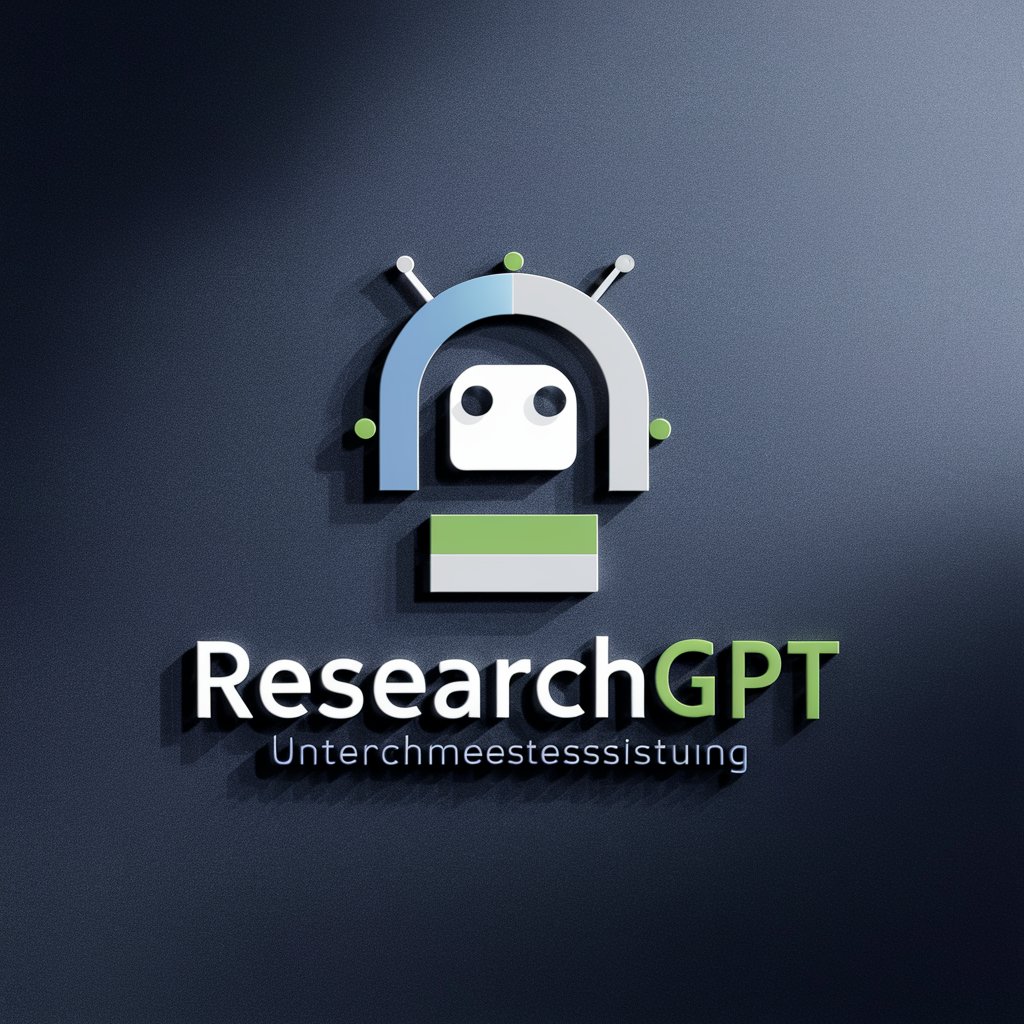
ResearchGPT
Empower Your Research with AI
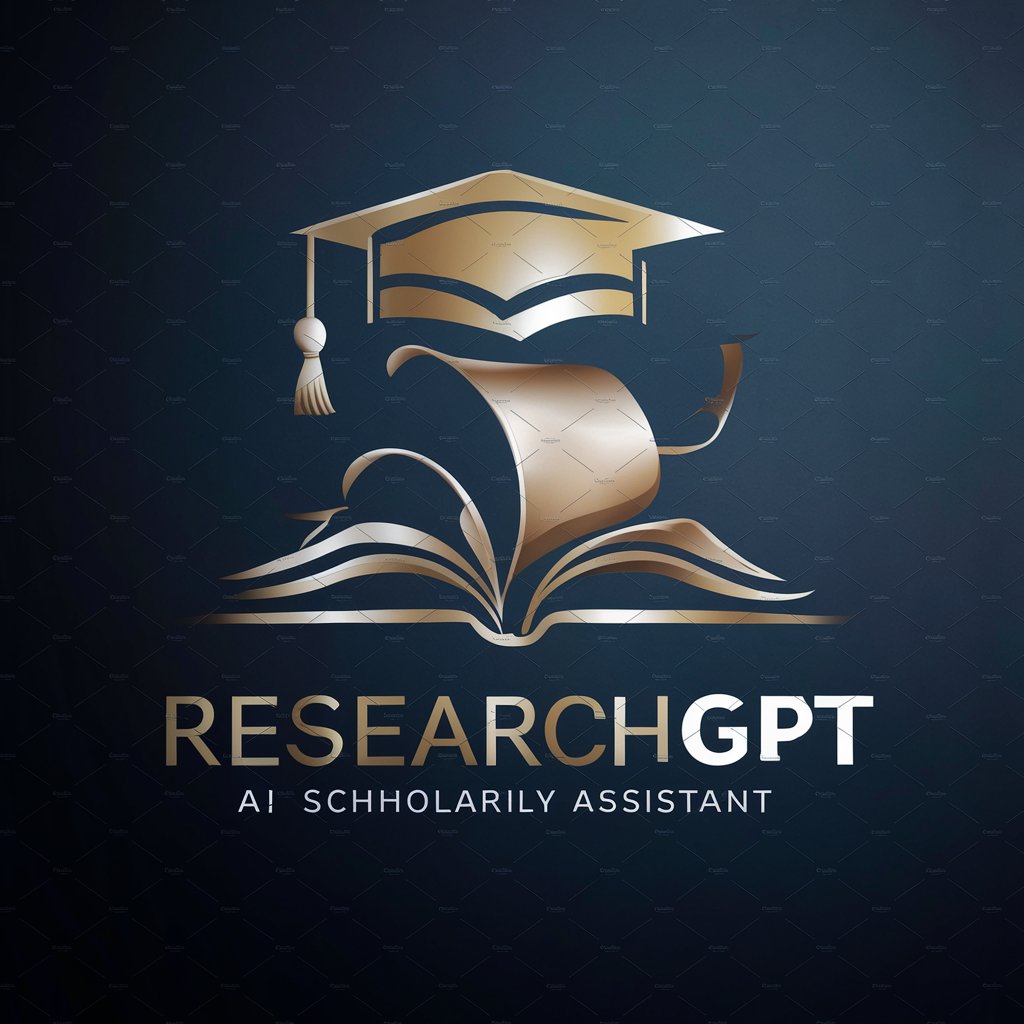
ResearchGPT
Empowering research with AI precision

Frequently Asked Questions about ResearchGPT
What makes ResearchGPT different from standard ChatGPT?
ResearchGPT stands out due to its structured and comprehensive response format. It not only answers queries with depth and detail but also provides follow-up sections like 'Source Details' and 'So What', which further enhance understanding by evaluating sources and their relevance.
Can ResearchGPT assist with academic research?
Absolutely. ResearchGPT is adept at handling detailed academic queries, providing comprehensive overviews, sourcing credible information, and offering structured insights that are particularly useful for students, educators, and researchers.
How does ResearchGPT ensure the reliability of its sources?
ResearchGPT employs a rigorous evaluation of sources in its 'Source Details' section, assessing their relevance, credibility, and quality. This process includes highlighting any biases or potential issues with the sources used.
Is ResearchGPT suitable for professional use?
Yes, ResearchGPT is designed to cater to a wide range of professional needs. Its ability to provide detailed, structured, and credible information makes it a valuable tool for professionals across various industries.
How can one get the most out of ResearchGPT?
To maximize the benefits of ResearchGPT, users should provide detailed queries, engage with the follow-up features, and use the feedback loop to refine or expand their inquiries. This interactive approach ensures tailored, in-depth responses.



